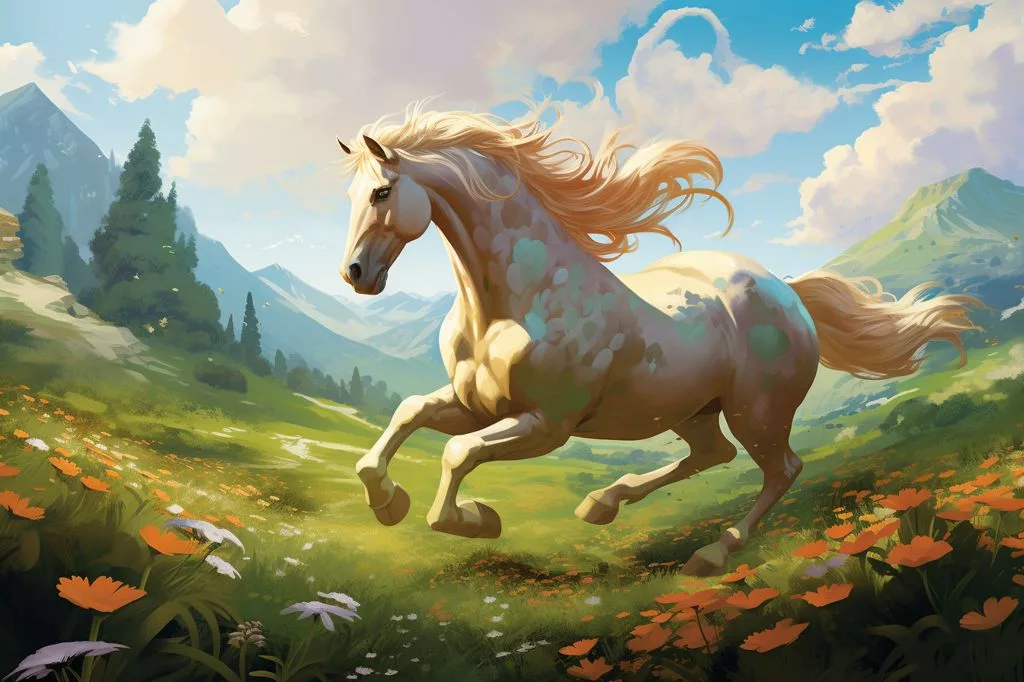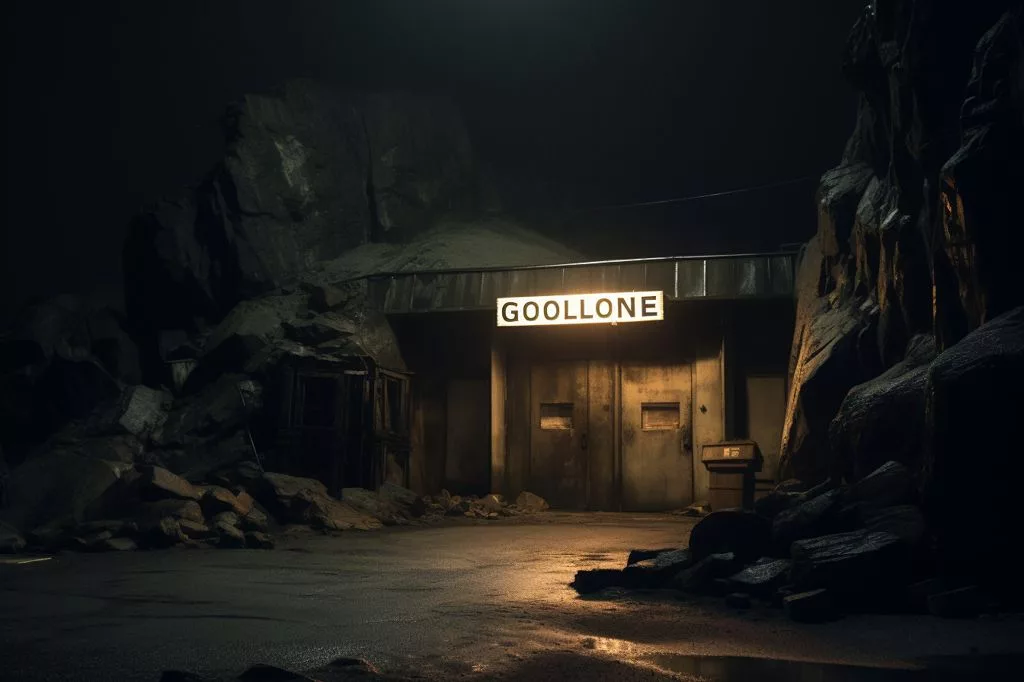Rain is a powerful force in the world of horseracing, bringing blessings and challenges alike. In Johannesburg, the rain brought lush green grass, perfect for racehorses to thrive. One of these horses is the impressive Champagne Cocktail, destined for greatness under the training of Mike de Kock. However, rain can also pose challenges for horses, as seen in the struggles of Paddington at the QIPCO British Champions Day. Nonetheless, rain’s transformative power remains a captivating force in this exhilarating sport.
As I listened to Toto’s hit song “Africa” on an ordinary Monday, memories of 1982 flooded my mind. Despite lead guitarist Steve Lukather’s initial disdain for the song, it went on to become a multi-platinum hit with over one billion plays on Spotify. The iconic lyric, “I bless the rains down in Africa,” resonated with me as the much-needed rain finally arrived in Gauteng after months of dry weather.
The Blessings of Rain on Highveld Region
The rain brought blessings to the highveld region, where it produced lush green grass, creating a perfect environment for racehorses to thrive. As I marveled at the magical effect of rainwater on grass growth, I couldn’t help but think about the high-quality racehorses that would grace Johannesburg racetracks during the upcoming summer season.
The Impressive Performance of Champagne Cocktail
One of these high-quality racehorses is the filly Champagne Cocktail, owned and bred by Mary Slack. She recently claimed her second career victory at Turffontein, impressing commentator Nico Kritsiotis, who exclaimed, “Pop the corks and have a party!” Trained by Mike de Kock, Champagne Cocktail is destined for greatness and is the type of horse that motivates both de Kock and jockey JP van der Merwe.
The Challenges of Rain in Horseracing
However, the world of horseracing is not always sunshine and rainbows. As Denzel Washington said, “You pray for rain, you gotta deal with the mud too.” The recent QIPCO British Champions Day saw Europe’s best racehorses struggling due to the soft going at Ascot. Paddington, the Coolmore three-year-old colt, previously won four Group 1 races this calendar year but had an underwhelming performance in the Queen Elizabeth II Stakes. Trainer Aidan O’Brien offered a “legitimate excuse” for his lackluster performance, stating that he grabbed the bit and wouldn’t let it go and didn’t settle for the first half of the race, which is not suitable for that ground.
Rain’s Transformative Power on Horseracing
The transformative power of rain on the landscape and its impact on the world of horseracing offers a fascinating study in contrasts. It can bring blessings like the flourishing of majestic horses like Champagne Cocktail and challenges like the struggles of acclaimed racehorses like Paddington. Regardless, the rain-soaked terrain remains a captivating force in this exhilarating sport, as we continue to bless the rains in Africa and eagerly await the thrilling races and breathtaking moments they will bring.
1. How does rain affect racehorses in Johannesburg?
Rain is a powerful force in the world of horseracing, bringing blessings and challenges alike. In Johannesburg, the rain brings lush green grass, creating a perfect environment for racehorses to thrive.
2. Which racehorse is destined for greatness in Johannesburg?
Champagne Cocktail, the filly owned and bred by Mary Slack, is destined for greatness under the training of Mike de Kock. She recently claimed her second career victory at Turffontein and is the type of horse that motivates both de Kock and jockey JP van der Merwe.
3. What challenges can rain pose for racehorses?
Rain can pose challenges for horses, as seen in the struggles of Paddington at the QIPCO British Champions Day. The soft going at Ascot caused Europe’s best racehorses to struggle, and Paddington had an underwhelming performance in the Queen Elizabeth II Stakes.
4. What is rain’s transformative power on horseracing?
The transformative power of rain on the landscape and its impact on the world of horseracing offers a fascinating study in contrasts. Rain can bring blessings like the flourishing of majestic horses and challenges like the struggles of acclaimed racehorses.
5. How did the rain bring blessings to the highveld region?
The rain brought blessings to the highveld region, producing lush green grass that created a perfect environment for racehorses to thrive. This resulted in high-quality racehorses gracing Johannesburg racetracks during the upcoming summer season.








